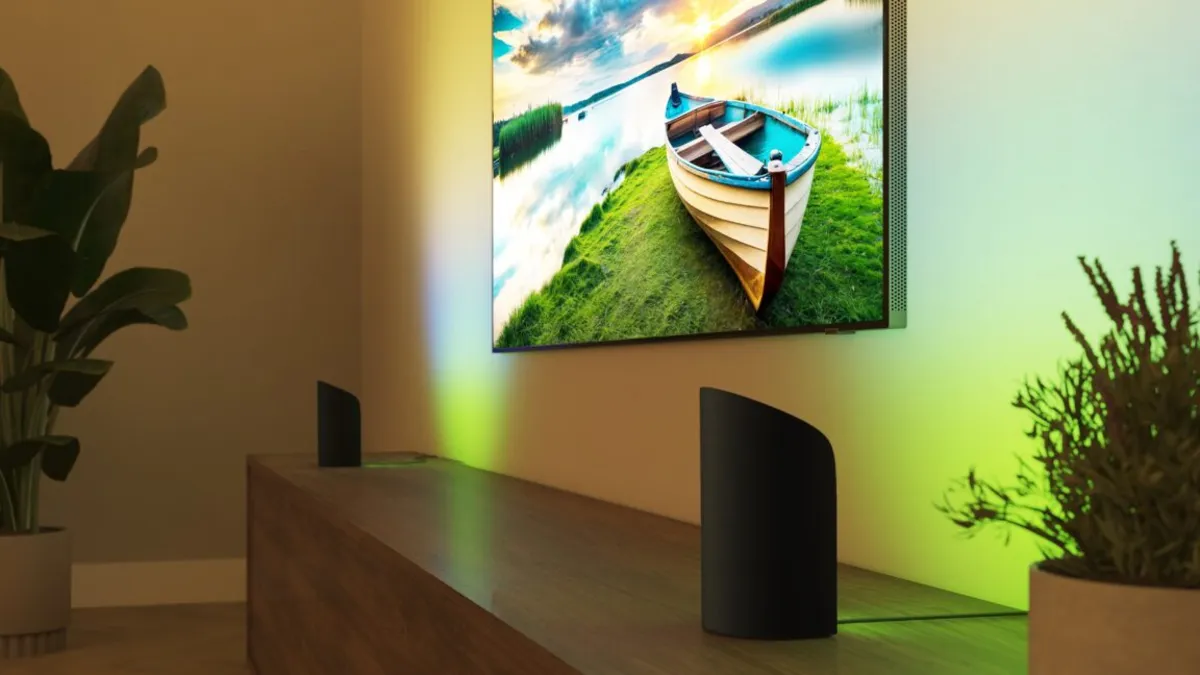
Philips is set to raise the prices of its popular and premium Hue series of smart lighting products starting July 1, 2025. The company attributes this price hike to recent tariffs imposed on goods imported from China. In light of these changes, Philips has indicated that prices may rise even further beyond the initial increase scheduled for July.
Earlier this month, Philips began notifying customers through an email marketing campaign about the forthcoming price increases. The company strongly encourages consumers to purchase Hue lighting products sooner rather than later to avoid paying higher prices.
In a recent statement provided to the Hueblog website, Signify, the parent company of Philips, elaborated on the reasons behind the price adjustments for Hue products in the United States. The statement read: “Signify will increase prices on our Philips Hue portfolio in the US, effective July 1, 2025, as a direct result of tariffs.” The company reassured consumers of its commitment to delivering high-quality products and innovative features that enhance the smart lighting experience.
While Signify has not disclosed the exact price increases for Hue products after June, they hinted at potential further adjustments. “Signify reserves the right to modify prices based on new or additional tariffs becoming effective in the future,” the company informed Hueblog. This uncertainty surrounding future pricing may lead consumers to reconsider their purchases.
As highlighted by Hueblog, several Hue products are already priced higher in the United States compared to their European counterparts. For instance, the newly released Hue Smart Button retails for $33 in the US, while it is priced at 22 euros in Europe. Additionally, the Hue Play wall washer costs $220 in the US, compared to 200 euros in Europe. Historically, Hue's pricing strategy has translated euro prices almost 1-to-1 into US dollars, which raises concerns about affordability for American consumers.
Signify's decision to increase prices on Hue lighting products comes amidst a challenging landscape, with a 125 percent tariff rate on goods imported from China set to take effect on July 9, 2025. Although the implementation of these tariffs has been delayed in the past, there remains considerable uncertainty regarding their final timing and impact on pricing.
Philips Hue bulbs are known for their reliability and performance; however, they have been relatively pricier compared to other lighting options even before the tariff discussions. With the impending price increases, potential buyers may become more hesitant to invest in these premium smart lighting solutions. Without the tariffs, it is plausible that Hue products were already trending toward becoming a more substantial expense.
In recent years, Philips has encouraged users to create an account with its app, restricting access to cloud-based services, such as out-of-home connectivity, for those without a Hue account. At CES 2025 in January, Philips unveiled an AI assistant for its app, currently available for free, but there are concerns that this feature may incur charges in the future.
Moreover, Philips offers apps that enable synchronization of Hue lights with Samsung and LG TVs, priced at $130 for a single TV unlock or $3 per month. These additional costs could further deter consumers from embracing smart lighting solutions as Philips navigates the complexities of a shifting market.